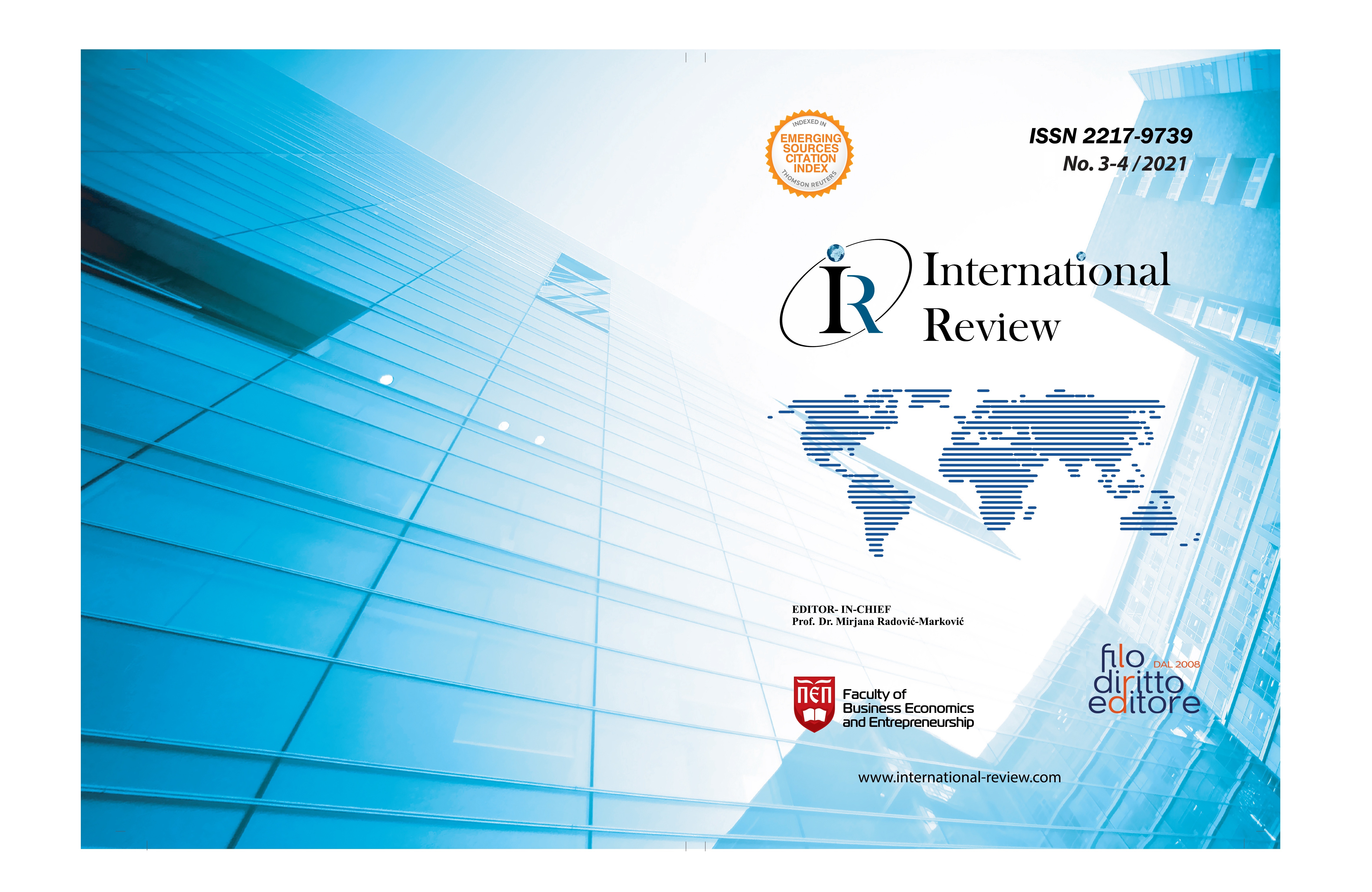SOCIAL DEVELOPMENT OF CHILDREN WITH DISABILITIES IN THE INTEGRATED DEPARTMENTS IN MONTENEGRO
SOCIAL DEVELOPMENT OF CHILDREN WITH DISABILITIES IN THE INTEGRATED DEPARTMENTS IN MONTENEGRO
Author(s): Ivan MITROVIC, Nada SAKOTIC, Slavko MILIC, Žaklina NIKOLIĆ-ILIĆSubject(s): Economy
Published by: Visoka škola za poslovnu ekonomiju i preduzetništvo
Keywords: Social development; children with disabilities; unadjusted behaviour
Summary/Abstract: Socialization is not just training an individual for social life and his future role in society, but it is very important for personality formation, which is formed through learning with certain characteristics, and thus becomes a member of one culture [1]. Conflicts in the family, inconsistent discipline, affective cold, parents' hostility, poor monitoring and non-inclusion of parents in the everyday life of a minor, but also his psychological and emotional state, as well as crime and alcoholism in the family can be important factors, causers and triggers of the appearance of delinquent behaviour. The research was conducted for the duration of one school year, and it is represented by the central, southern and northern regions of Montenegro, in integrated departments at regular schools (PI Primary school 'Ilija Kisic' Herceg Novi, PI Primary school 'Vuk Karadzic' Berane, PI Primary school 'Dusan Korac' Bijelo Polje, PI Primary school 'Njegos' Kotor, PI Primary school 'Bosko Buha' Pljevlja, PI Primary school 'Olga Golovic' Niksic and PI Primary school 'Yugoslavia' Bar. Starting from the nature, essence and importance of the defined problem, the subject of our study is focused on the social development of children with disabilities, as well as on the influence of social development on the presence of problematic behaviour. The most significant results of this research, and we think that they have an impact on the social development of the child are: the fact that 23% of children grew up, lived and formed a socio-emotional status with their parent, who was not in the marital union of another child's parent. Parent's education: the most frequent is secondary school with 45.5%, and the number of parents with non-completed primary school is relatively high with 14.5%. A significant number of parents of children with disabilities are unemployed (fathers 26.4%, mothers 60.0%). We can conclude that economic characteristic can be very unfavourable for the functioning of the family. Our research shows that there are quarrels between 51.8% of parents. Regarding the presence of psychological violence against children with disabilities, we have concluded that in 14.5% of children there are indications of experiencing some form of psychological violence. The quarrel between parents, as a serious disorder in the social and overall development of children with disabilities, are expressed as a problem in the amount of 23.6% and there are indications that they reach up to 33.7%. So we can say that the presence of this problem is high. It is not negligible that 40% of children with disabilities have an inadequate relation towards teachers.
Journal: International Review
- Issue Year: 2021
- Issue No: 3-4
- Page Range: 93-106
- Page Count: 14
- Language: English

